‘We all secretly want to be rock stars,’ the 2022 Booker Prize-winning author Shehan Karunatilaka said recently. By ‘we’ he meant novelists, and he was more or less right.
Most authors want to be rock stars, just as many rock stars aspire to bookish credibility. The former crave a whiff of glamour and instant gratification; writing offers precious little of either. Musicians seek gravitas and some wider recognition that they possess the tools to extend their literary genius beyond three verses and a killer chorus. Both parties tend to discover that they do what they do as a day job for a good reason.
‘There are very few things I’ve regretted more than deciding to write a full-length novel,’ Steve Earle told me, prior to the publication of his 2011 novel I’ll Never Get Out of This World Alive. ‘It’s so damn hard.’ Morrissey – a remarkable lyricist in his day, however dim and distant that day might be – tried his hand at long form fiction and came up with the abominable List of the Lost. Bob Dylan’s Tarantula, meanwhile, isn’t really the stuff of Nobel Prize winners. Other musicians have fared rather better. Nick Cave, Willy Vlautin, Josh Ritter and Colin Meloy have all carved out credible alternative careers as novelists. Mat Osman – bassist in Suede, brother of the billion-selling Richard – has recently joined the fray.
Fair enough. As Karunatilaka suggests, the equation works both ways. The proud possessor of five guitars, drum kit and keyboards, the Sri Lankan novelist is a veritable one man band. Though he has yet to unleash his music on the public, plenty of his peers have, even if few have carved out an entirely convincing alternate career. The glaring exception, of course, is Leonard Cohen, a Canadian poet and novelist who turned to making music in the late 1960s as a means to pay the rent and, all things considered, did fairly well out of it.
In 2010, Nick Hornby made an album with Ben Folds, Lonely Avenue, on which Folds wrote the music and Hornby the words. This make sense for the musician. Lyrics are the hardest, most time-intensive part of the songwriting process; why not franchise it out? It worked for Elton John. The late Iain Banks – who perhaps came closest to writing the Great Rock Novel with Espedair Street – was another aspiring muso, with a home studio where he wrote and recorded all the songs attributed in the book to the fictional band, Frozen Gold.
The poet laureate, Simon Armitage, has a group, LYR, which tours and records. Val McDermid, Christopher Brookmyre and other thriller writers gig frequently as the Fun Lovin’ Crime Writers. Ian Rankin sings in a band called Best Picture. ‘Tell you what,’ he once said. ‘I wish I could move like Jagger.’ You sense that these projects are fired by a love of music rather than any serious career aspirations.
Rankin, McDermid and Hornby are involved in a new album by Mull Historical Society. In My Mind There’s a Room was written by the band’s Colin MacIntyre in collaboration with 13 authors, their number also including Sebastian Barry, Alan Warner and Jacqueline Wilson. Each was commissioned to write about a room of special significance, which MacIntyre then turned into a song. (He’s a published author and playwright, so the exchange of labour seems equitable.)
For once, the meeting of pop and literature feels relatively unforced. One benefit of the methodology – each writer contributes only one song, and has a theme to work with – is that the diversity of lyrical approaches and styles seems to have suggested a more varied musical palette than might otherwise have been the case. James Robertson’s ‘Seeds’ lends itself to the kind of slightly cheesy piano stomper Billy Joel used to write with deceptive ease. ‘1952’ has a crackling urgency that aligns with Liz Lochhead’s words of youthful self-discovery – ‘In a room with my own view, who needs Virginia Woolf’ – without feeling overly reverential to the source. ‘Panicked Feathers’ is a very Hornbyesque tale of silly-sublime suburban adolescent revelation set to tangled indie-rock. Left to his own devices, it’s unlikely MacIntyre would have come up with the chorus line of ‘cocky little gits’.
The best tracks just sound like good songs. The worst excesses of ‘literary’ lyrics – florid overwriting, lack of economy, tortuous references and metaphors – are absent. Musically, a tendency towards floaty impression is also largely avoided and when it isn’t, the more abstract sounds work well on Jackie Kay’s ‘Meltwater’ and Barry’s ‘Kelshabeg’. Oddly, perhaps, in the end it’s not the words that stand out but the music. Perhaps there’s a lesson in there for Karunatilaka.
Got something to add? Join the discussion and comment below.
Get 10 issues for just $10
Subscribe to The Spectator Australia today for the next 10 magazine issues, plus full online access, for just $10.
You might disagree with half of it, but you’ll enjoy reading all of it. Try your first month for free, then just $2 a week for the remainder of your first year.

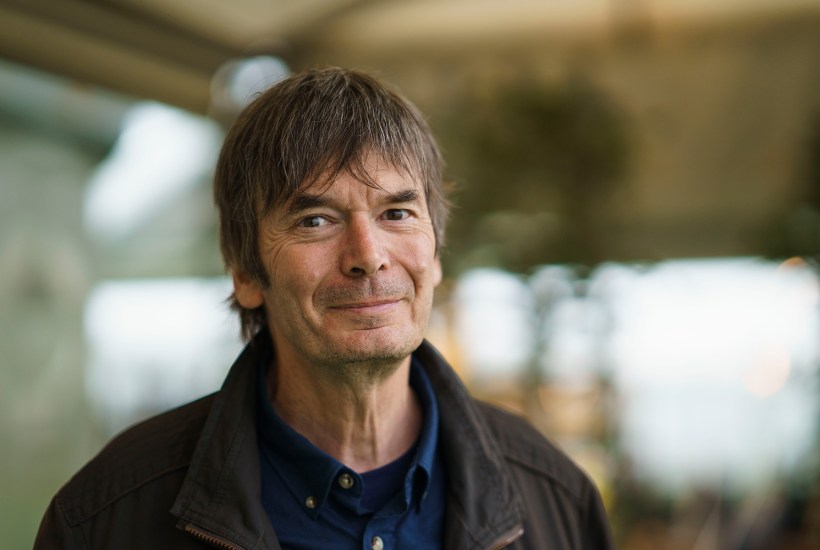
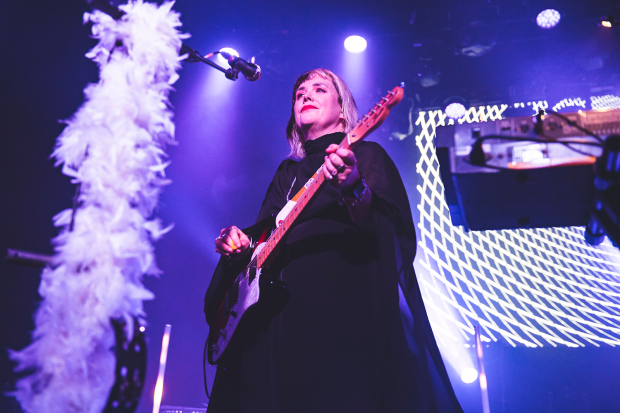
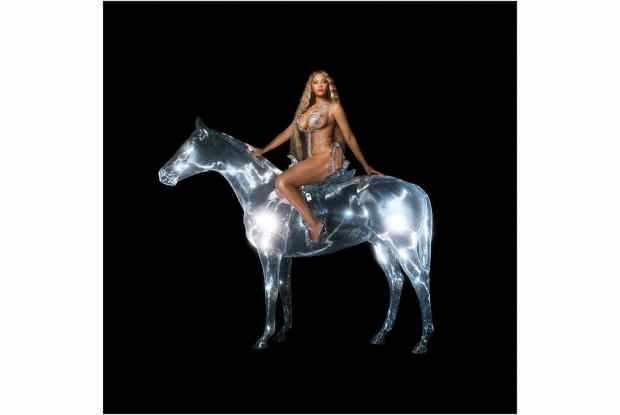
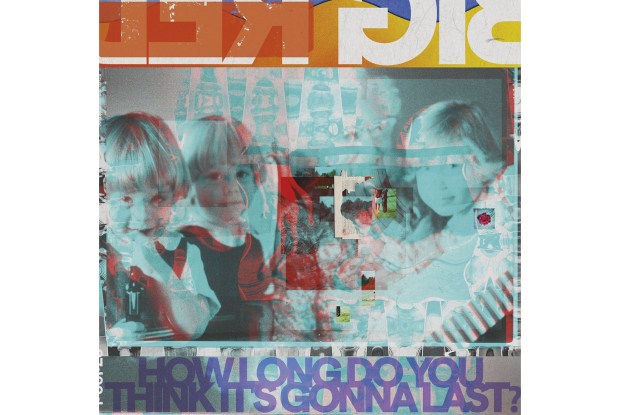
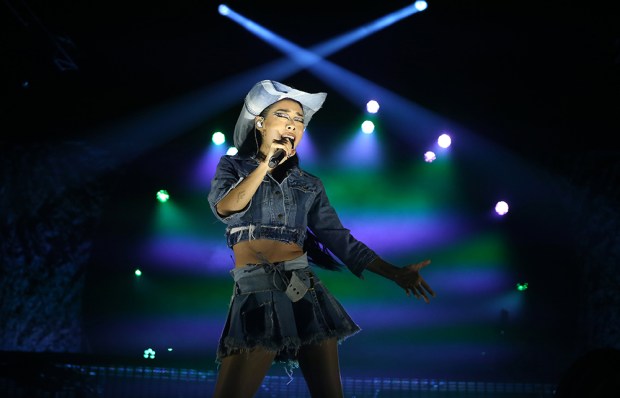








Comments
Don't miss out
Join the conversation with other Spectator Australia readers. Subscribe to leave a comment.
SUBSCRIBEAlready a subscriber? Log in